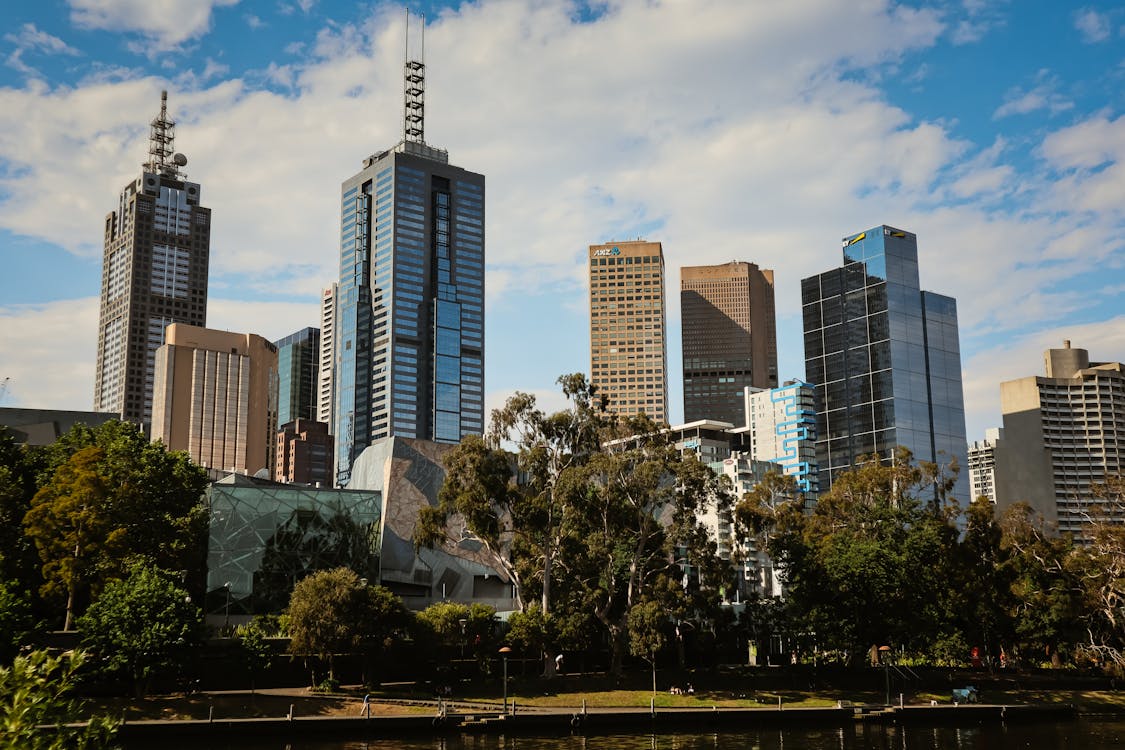Melbourne, Australia's second-largest city, is embarking on a transformative journey to become a 'smart city,' aiming to enhance the quality of life for its residents through innovative city strategies and mobility solutions. This vision goes beyond integrating technology into infrastructure and focuses on creating a sustainable, inclusive, and prosperous city.
Melbourne's smart city vision revolves around harnessing technology to improve urban services, bolster resilience, and drive innovation. The city's strategies are not just about adopting cutting-edge technology but also about using it to bring about social, economic, and environmental change.
A key component of Melbourne's smart city vision is its emphasis on mobility solutions. The city is investing in intelligent transport systems that leverage data and digital technology to enhance the efficiency and safety of its transport network. These initiatives aim to reduce congestion, improve traffic flow, and enhance the reliability and accessibility of public transport.
Using data analytics, Melbourne optimizes traffic signals to reduce travel times and streamline traffic flow. Smart parking solutions, equipped with sensors, monitor parking availability in real-time, easing the search for parking spaces and reducing congestion caused by circling vehicles.
Moreover, Melbourne is making strides in connected and autonomous vehicles, which have the potential to revolutionize urban mobility. These vehicles can communicate with each other and traffic management systems, fostering road safety and minimizing congestion. They also offer new mobility options for individuals who cannot drive, such as the elderly and people with disabilities.
Beyond mobility solutions, Melbourne's smart city vision extends to creating a more sustainable and resilient city. Technology is employed to monitor and manage energy use, water resources, and waste management. Digital tools enhance emergency response and disaster management capabilities.
For instance, real-time data and analytics help monitor water use and detect leaks, conserving water and reducing waste. Smart bins with fill level sensors notify waste management services when they need emptying, optimizing waste management practices.
Additionally, technology strengthens Melbourne's resilience to climate change and other environmental challenges. Data and digital tools monitor air quality, track climate change impacts, and facilitate proactive planning for future environmental concerns.
Melbourne's smart city vision is revolutionizing the urban landscape. Through the deployment of cutting-edge technology and mobility solutions, the city is enhancing urban services, resilience, and innovation. The unwavering dedication to fostering an inclusive, sustainable, and prosperous city is a global exemplar of how technology can elevate the quality of life in urban settings. As Melbourne continues to forge ahead on its smart city journey, it leads the way towards a more interconnected and promising future for cities across the globe.


